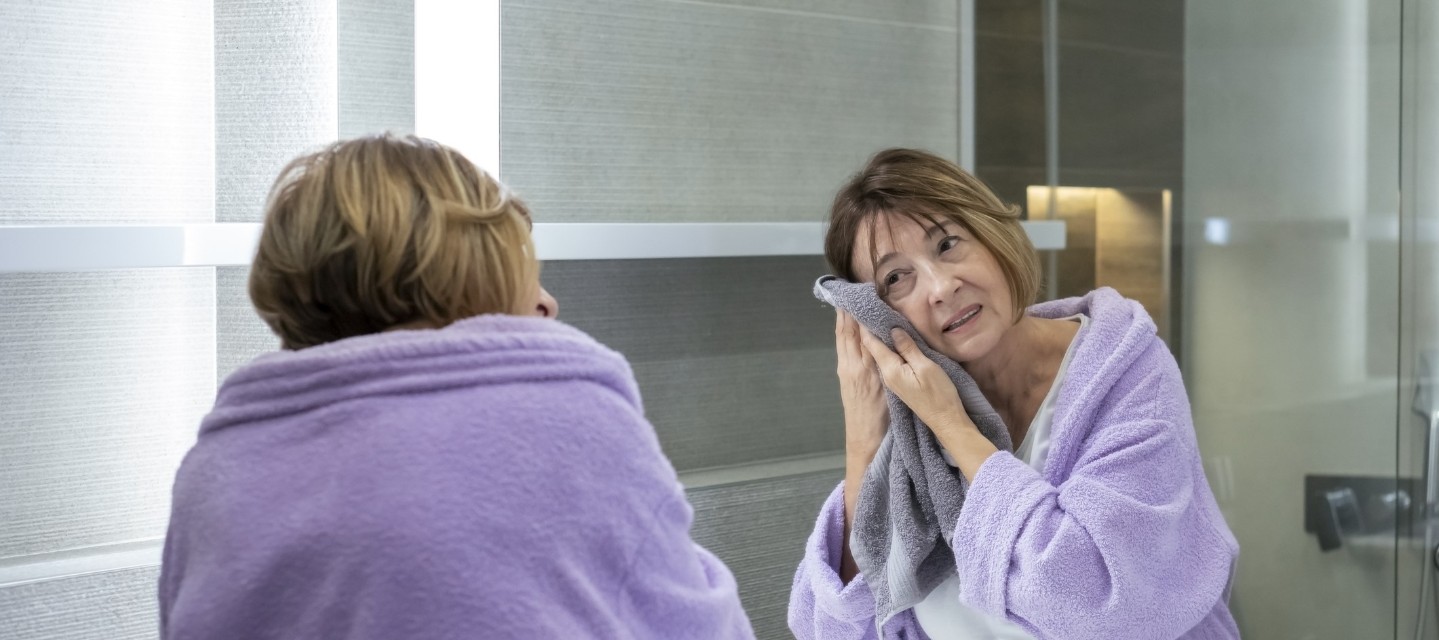Understanding the Holistic Care of a Women's Health Nurse Practitioner
FEB 10, 2026WHNPs consider the intricate interplay of physical, emotional, social, and spiritual factors that impact your health.
Read More
Up to 80% of women will experience some symptoms of menopause, and about 30% of those women will seek medication therapy for these symptoms. The most common symptoms include:
In the event of mild symptoms, consider a healthy/balanced diet that may include an increased soy intake, avoidance of spicy foods, decreasing stress, consistent exercise, and discontinuation of any tobacco products.
If your symptoms start to worsen and are affecting your work/daily life, it’s time to reach out to your provider. Your provider can offer you a few options to help with your symptoms.
For more severe symptoms, you might consider HRT, or Hormone Replacement Therapy. HRT is a treatment that aims to alleviate menopausal symptoms by replacing the hormones (primarily estrogen and sometimes progesterone) that the body produces in lower amounts during and after menopause. It comes in various forms, including pills, patches, gels, and creams, each delivering hormones through different routes. HRT aims to restore hormonal balance, thereby reducing symptoms.
However, it's important to note that HRT carries potential risks, and the decision to use it should be made in consultation with your provider. Some of the benefits include:
Whereas some of the risks include:
For women experiencing menopausal symptoms who are not candidates for or prefer not to use hormone replacement therapy (HRT), several effective non-hormonal options exist. These include
The best approach will depend on individual symptoms and preferences. Reach out to your CHI Health Women’s Health provider for more information or to schedule an appointment.

WHNPs consider the intricate interplay of physical, emotional, social, and spiritual factors that impact your health.
Read More
Learn about the myths and facts surrounding pap smears and cervical health.
Read More
OAB is a common condition that causes a sudden, strong urge to urinate that is uncomfortable and may lead to leakage of urine.
Read MoreWhen you need local health information from a trusted source, turn to the CHI Health Better You eNewsletter.